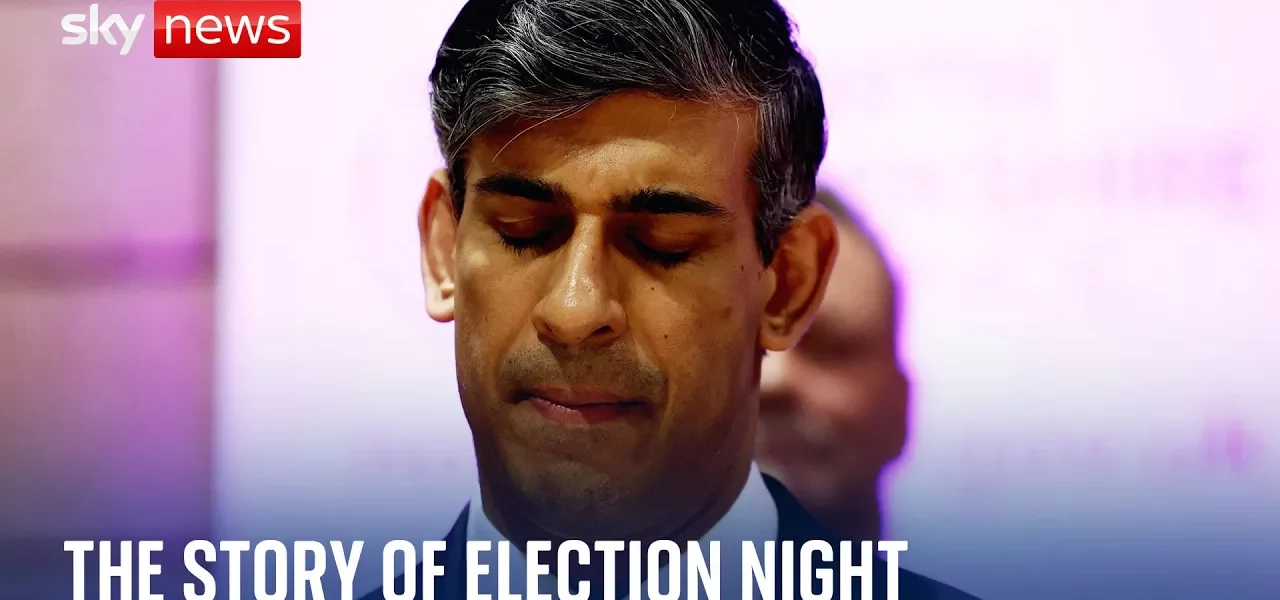Labour Party Returns to Power: A New Era in UK Politics

In a historic political shift, the Labour Party has reclaimed power in the UK after 14 years of Conservative leadership. This article delves into the electoral landscape, key players, and implications of this significant change.
Introduction
The recent general election results have marked a pivotal moment in British politics. After over a decade of Conservative governance, the Labour Party has emerged victorious, ushering in a new era under the leadership of Keir Starmer. This momentous occasion has left many citizens feeling relieved, as the burden of political discontent appears to have been lifted. The transition is not just a change in leadership; it signifies a shift in the political narrative and the priorities of the British people.
The Significance of the Election Results
The Labour Party’s victory is more than a mere win; it reflects a profound discontent with the Conservative Party’s handling of various issues over the years. Below are some key points to consider:
- The Labour Party’s slogan of ‘Change’ resonated with many voters.
- Former Prime Minister Liz Truss lost her seat, marking a significant defeat for the Conservatives.
- Labor’s win is characterized not just by their success but by the failures and losses of Conservative candidates.
Key Players in the Election
Several prominent figures played crucial roles in this electoral outcome. Here are some of the most significant:
Keir Starmer
The leader of the Labour Party, Keir Starmer, has been a central figure in this political turnaround. His leadership style and policies have appealed to a broad spectrum of voters, contributing to Labour’s resurgence.
Former Conservative Leaders
Several Conservative MPs suffered defeats, reflecting the party’s declining support:
- Liz Truss – Former Prime Minister
- Grant Shapps – Defence Secretary
- Penny Mordaunt – Leader of the House of Commons
- Jacob Rees-Mogg – Former Brexit Minister
Analysis of Voter Sentiment
The results indicate a clear anti-Conservative sentiment among voters. The Labour Party’s victory was not solely due to their appeal but also the fragmentation of the Conservative vote and the rise of alternative parties. Some observations include:
- Significant anti-Conservative voting trends.
- The Liberal Democrats, under Ed Davey, having their best performance in over a century.
- The SNP’s decline in Scotland, with Labour capitalizing on their losses.
Challenges Ahead for the New Government
Despite the celebratory atmosphere surrounding Labour’s victory, significant challenges lie ahead for Keir Starmer and his administration:
Addressing Voter Expectations
With high hopes surrounding Labour’s return, Starmer must manage expectations and deliver on promises made during the campaign.
Political Fragmentation
The political landscape is more fragmented than ever. Starmer will need to navigate a diverse array of voices and interests within Parliament.
Conclusion
The Labour Party’s victory marks a significant turning point in UK politics, highlighting the electorate’s desire for change after years of Conservative rule. While this win creates an atmosphere of optimism, it also comes with heightened expectations and challenges. As the country transitions to a new government, ongoing engagement with the public will be essential to ensure that the needs and hopes of the citizens are addressed. For further insights into UK politics, explore our related articles on British Political History and Labour Party Policies.
“`




